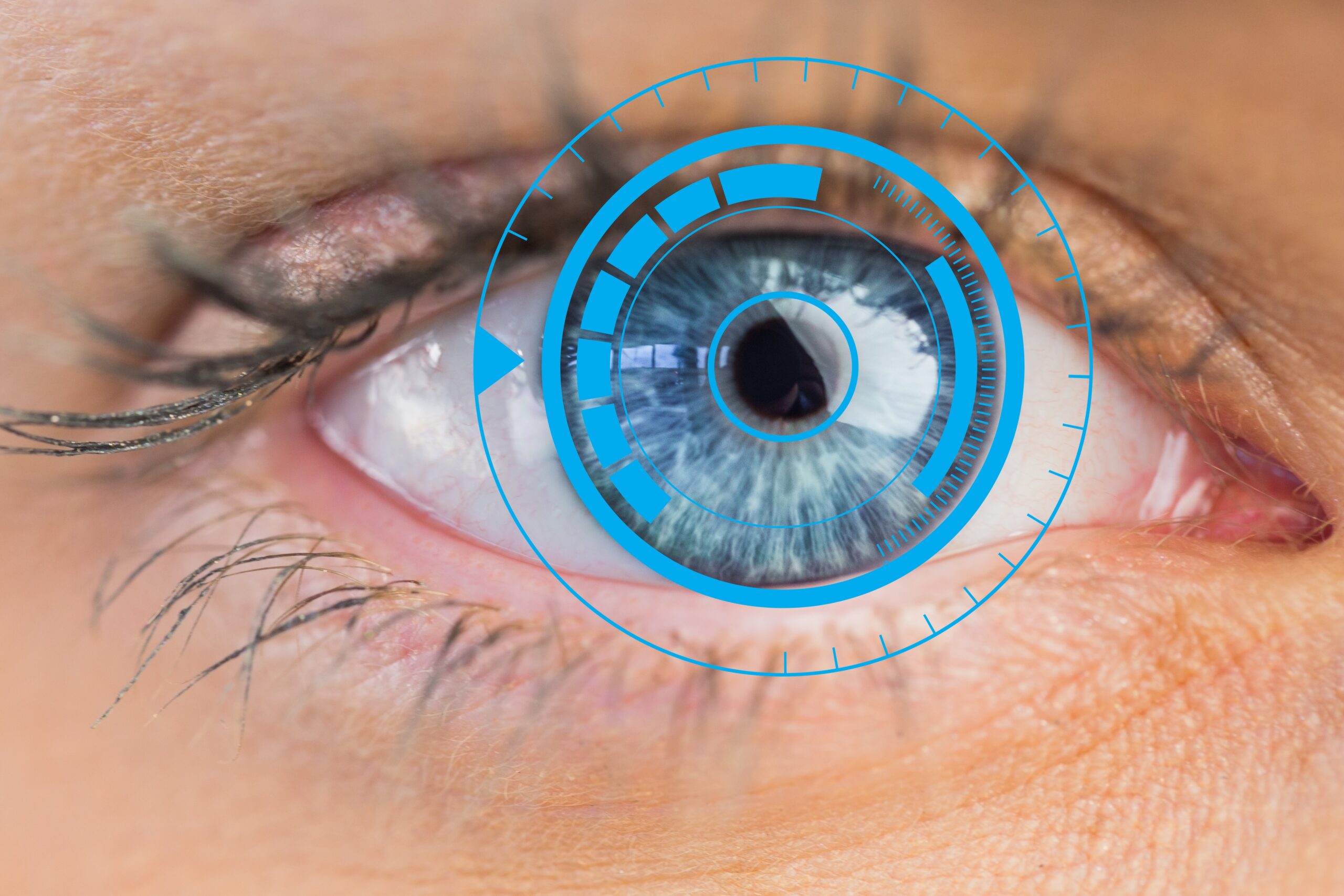FAQ
Most frequent questions and answers
A cataract is a clouding of the lens in the eye that can cause blurry vision, sensitivity to light, and difficulty seeing at night.
People over the age of 55 are at an increased risk for developing cataracts. Other risk factors include a family history of cataracts, diabetes, smoking, and exposure to sunlight.
The primary benefit of cataract surgery is improved vision. After surgery, the cloudy lens is replaced with a clear artificial lens, allowing light to enter the eye more easily and providing clearer vision. Other benefits include better night vision and reduced dependence on glasses.
Risks of cataract surgery include infection, bleeding, and retinal detachment. However, these risks are relatively low and can be minimized with proper precautions.
Yes, cataract surgery is a safe and effective procedure that can help improve your vision and quality of life.
Cataract surgery typically takes about 15-30 minutes per eye.
No, cataract surgery is typically painless. Anesthesia is used to numb the eye during the procedure, and patients may experience some discomfort or itching after the surgery.
Most patients are able to resume normal activities within a few days of the surgery, but it may take several weeks for vision to fully stabilize.
If you are experiencing vision loss or other symptoms related to cataracts, cataract surgery may be the right choice for you. It is important to discuss the benefits and risks of the procedure with a qualified surgeon, such as Dr. Ruchika Kedia, the best cataract surgeon in Thane at the Dr. Ruchika Eye Clinic.




